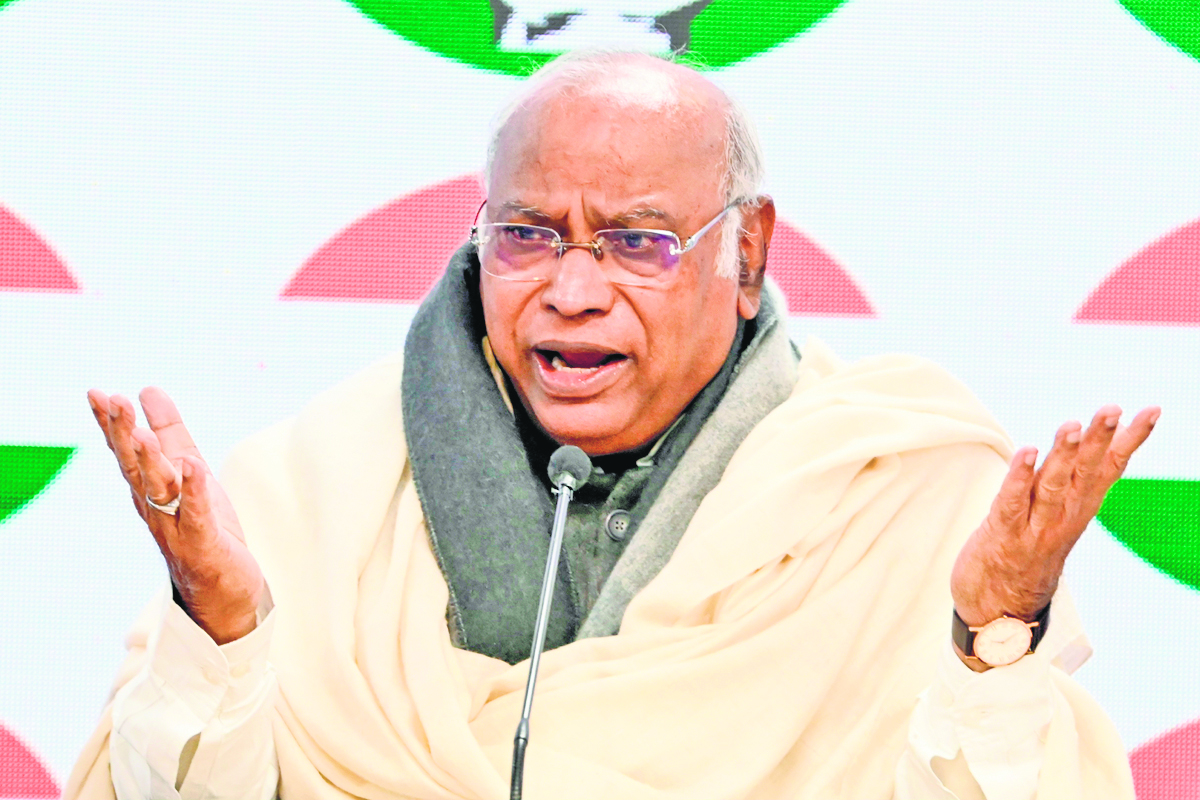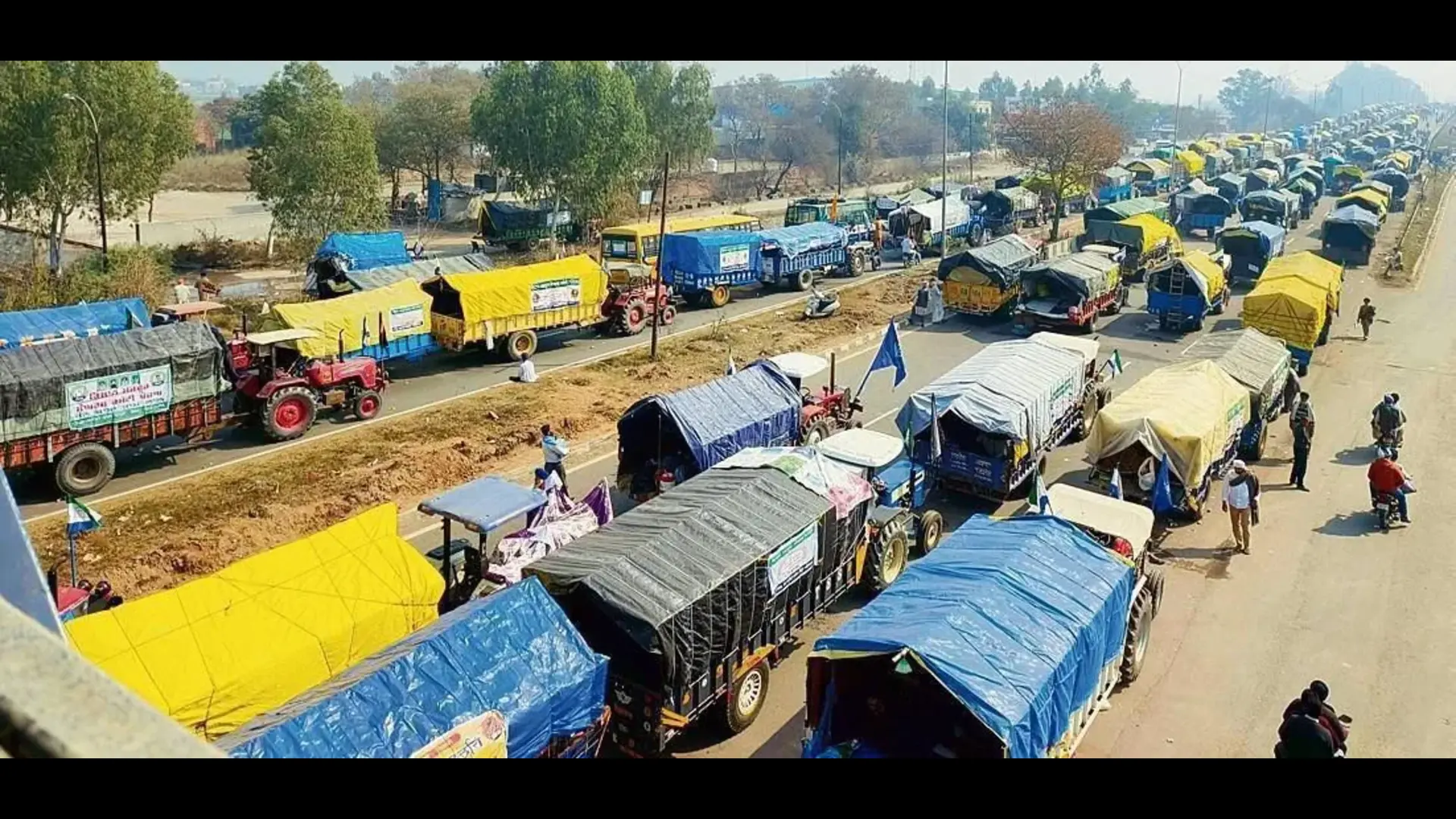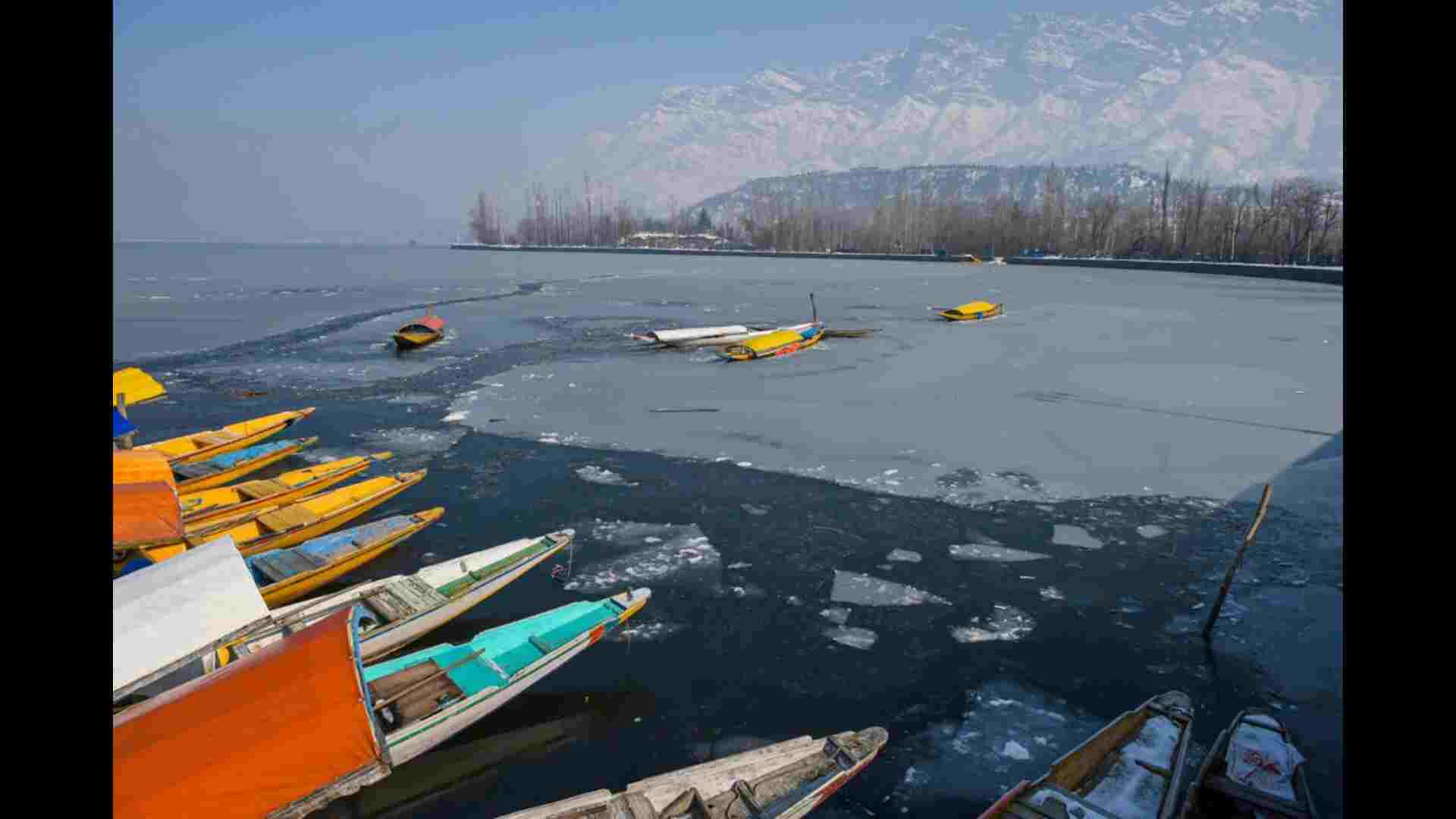The president of the Congress, Mallikarjun Kharge, shared his thoughts on One Nation One Election and stated that he is against holding simultaneous elections in a parliamentary system of governance. Kharge suggested that the High Power Committee, which was established to investigate the notion, be dissolved and that the concept be abandoned in a letter to Niten Chandra, the Secretary of the High-Level Committee of One Nation One Election.
Kharge argued that simultaneous elections contradict the principles of federalism outlined in the Constitution and its basic structure. He emphasized this point in his letter, stating, “On behalf of the Congress party and the people of the country, I humbly request the Chairman of the High-Level Committee not to allow his persona and the office of former President of India to be abused by the Union Government to subvert the constitution and parliamentary democracy in this country.”
The Congress president raised concerns about the potential dissolution of legislative assemblies still in the middle of their terms, characterizing it as a betrayal of the electorate in those states. He emphasized that in a parliamentary system, there is no place for simultaneous elections.
Regarding the synchronization of state assemblies with the Parliament for simultaneous elections, Kharge criticized the reliance on the Niti Aayog report, describing it as neither a constitutional nor a statutory body. He pointed out the alleged malicious interpretation of the constitution by the Niti Aayog, suggesting the curtailment or extension of state assembly tenures.
Kharge dismissed the argument that the imposition of the Model Code of Conduct affects welfare schemes or development works, calling it baseless. He added that pre-existing schemes continue during elections, and the Election Commission can approve disbursements of these schemes.
Addressing the claim that the cost of conducting elections is excessively high, Kharge deemed it “baseless” by highlighting that election expenses make up a small percentage of the total Union budget. He noted that when elections are held separately for state assemblies, the respective states bear the full cost.
The Central government established a high-level committee, headed by former President Ram Nath Kovind, to study the concept of simultaneous polls. Last year, the government sought suggestions from national and state parties on holding simultaneous elections to the Lok Sabha, state assemblies, and local bodies.






